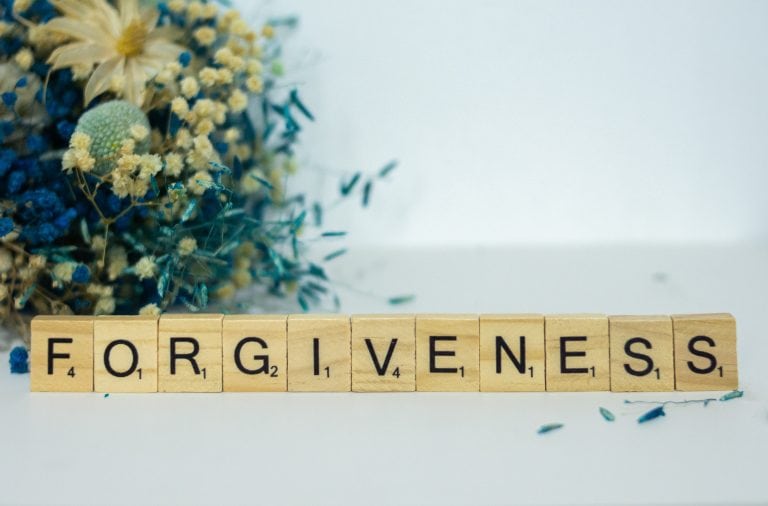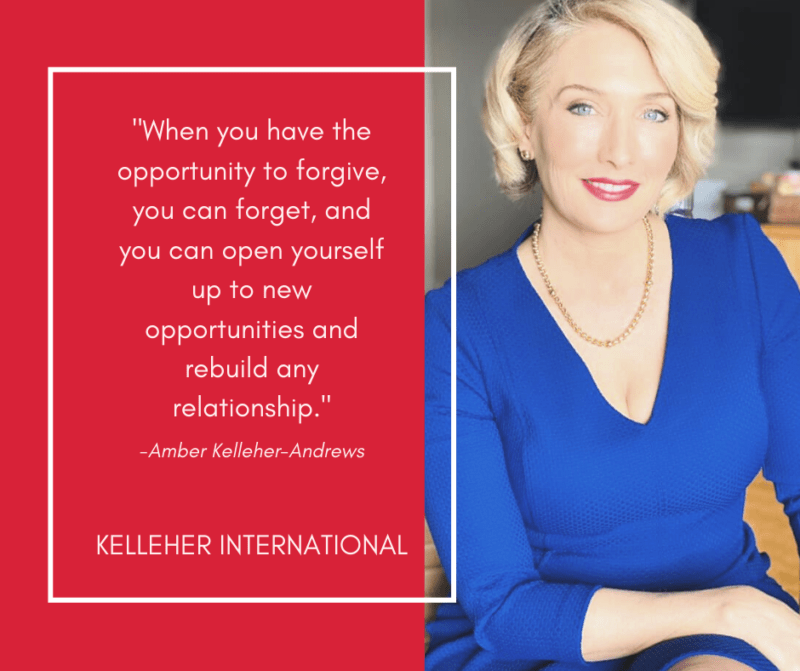Forgiveness plays an integral role in the creation and maintenance of relationships. True forgiveness creates an opportunity for healing and reconciliation. When we hold onto our hurt, it can create an invisible barrier between us and the person we are trying to forgive. This separation can cause resentment, bitterness, and distance from our loved ones. Read on and discover the importance of the forgiveness factor when it comes to keeping relationships healthy, vibrant and growing.
“We must develop and maintain the capacity to forgive. He who is devoid of the power to forgive is devoid of the power to love.” Martin Luther King
A 2011 study published in the Journal of Family Psychology on “Forgiveness and Relationship Satisfaction” showed that, in relationships, a lack of forgiveness makes resolving conflict much less likely. Research also shows that a lack of forgiveness stirs up negative emotions and creates more conflict.
It can be difficult to forgive someone who has hurt us, and sometimes even more difficult to accept forgiveness from someone we have hurt. It is a process that takes patience, understanding, and trust. It can take time for us to open up and be vulnerable enough to ask for, or accept, forgiveness, but when we do, it can help bridge the emotional gap between us and strengthen our connection. It gives both parties the opportunity to create a new understanding and create a space of respect where they can both be their authentic selves.
Dr. Brene Brown, research professor at the University of Houston Graduate College of Social Work, suggests that the following three steps are necessary for true forgiveness: “recognizing what happened and taking responsibility for our emotions and reactions, allowing for grief and sadness to be felt, then releasing and letting go of the hurt and pain”.
Emotionally, we can become stuck in the feeling of being wronged and unable to move forward. Even if we maintain a relationship with the person, an unfinished emotional story continues to exist.
When we resist the urge to remain in the hurt, we can make the path of forgiveness open to us. This shift in mindset and attitude can bring us closer to the person we are forgiving, while remaining aware of the wrong that has been done. We are able to acknowledge our feelings, offer understanding instead of judgment, and let go of needing external validation for our feelings.
Our relationships remain healthy and continue to grow when we are able to release our anger and find a way to cultivate understanding, while creating an environment of safety and trust in our relationship.
“When we start doing a deep dive with our potential clients on their past relationships, the ones that have forgiven their old partners are always more willing and ready for new relationships”, says Amber Kelleher-Andrews, the CEO of Kelleher International matchmaking service. “In fact”, she continues, “if there is still bitterness and vitriol towards someone from an old relationship we find it more difficult to work with that individual. Most times we will pass because there is work they need to do around that before they can be in a healthy relationship.”
Forgiveness is of paramount importance in relationships, and it’s something that needs to be actively cultivated.
Through understanding, human connection, and emotional openness, we can address the wounds that create barriers between us and our loved ones, and use forgiveness as an opportunity to move forward in our relationships. It is a difficult process that takes strength and courage, but one that is essential for the health and long-lastingness of any relationship.



